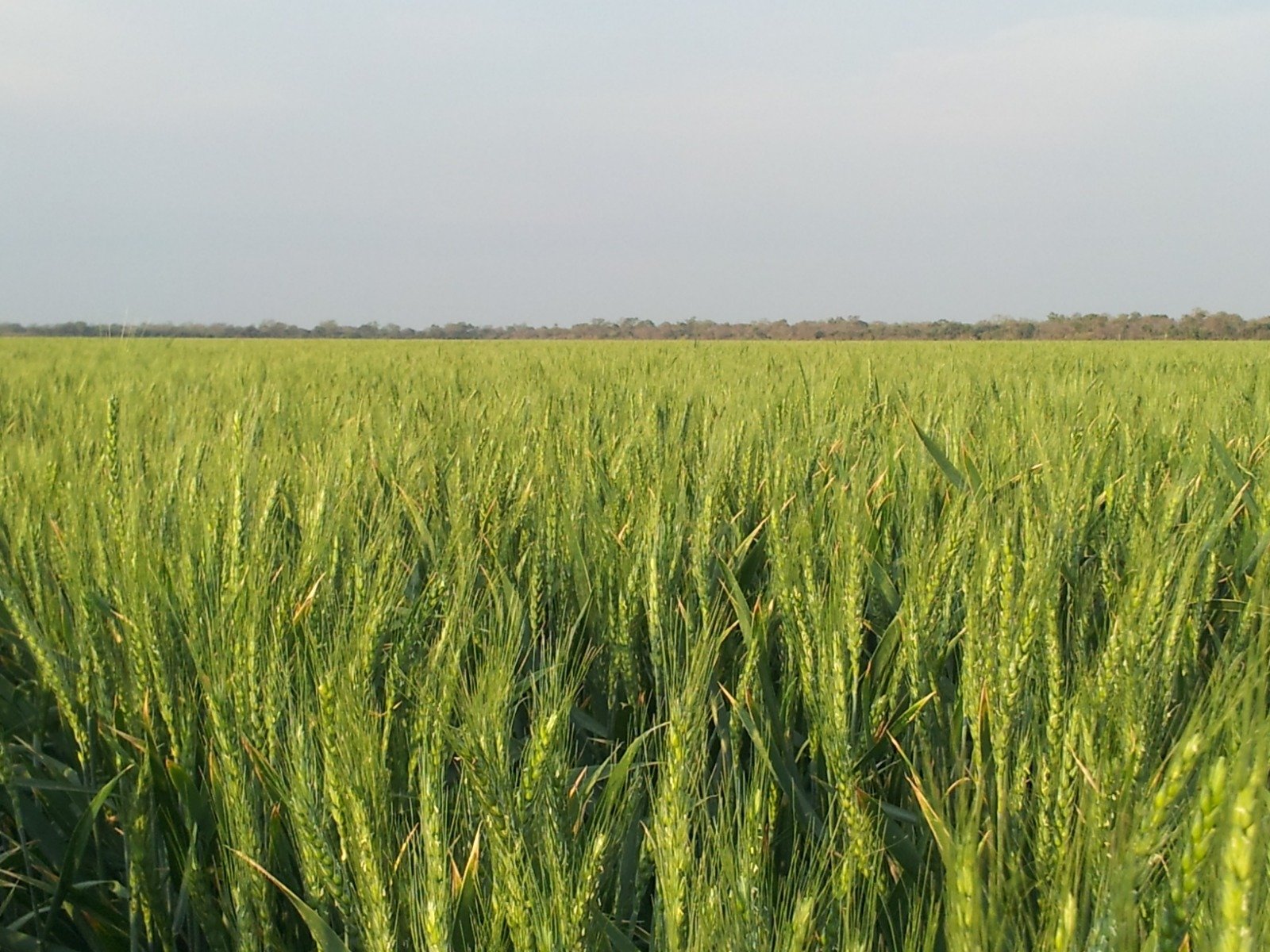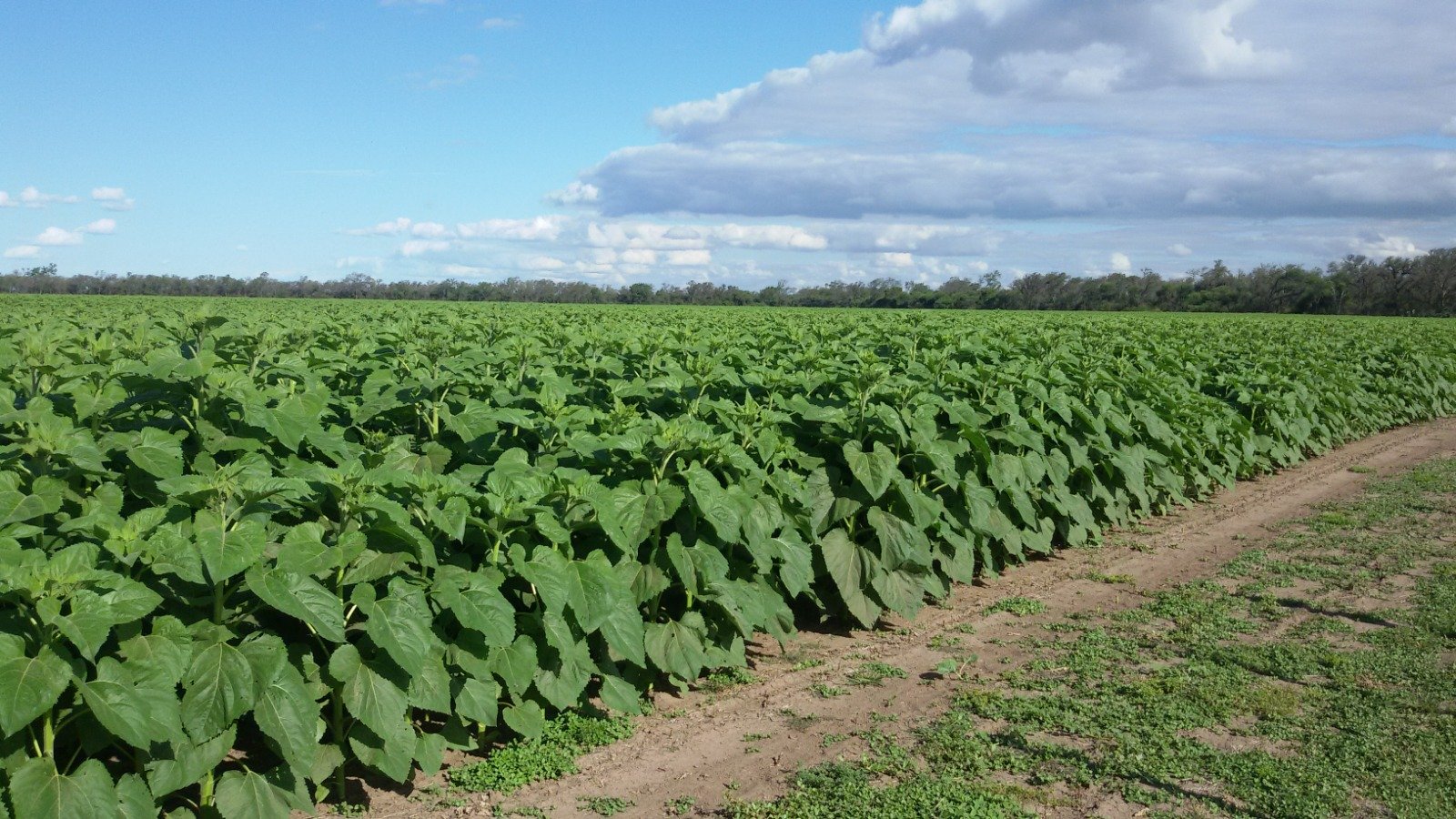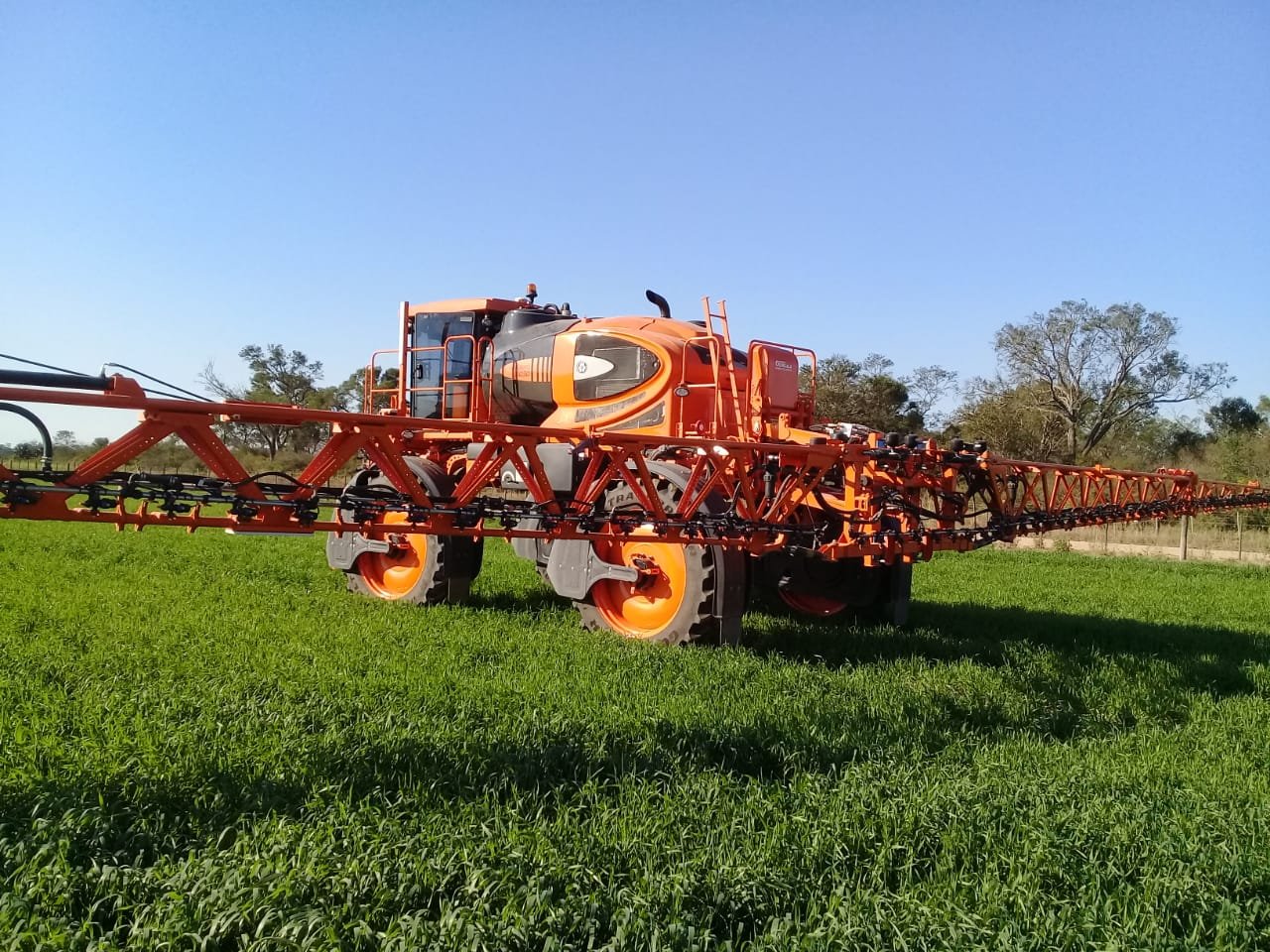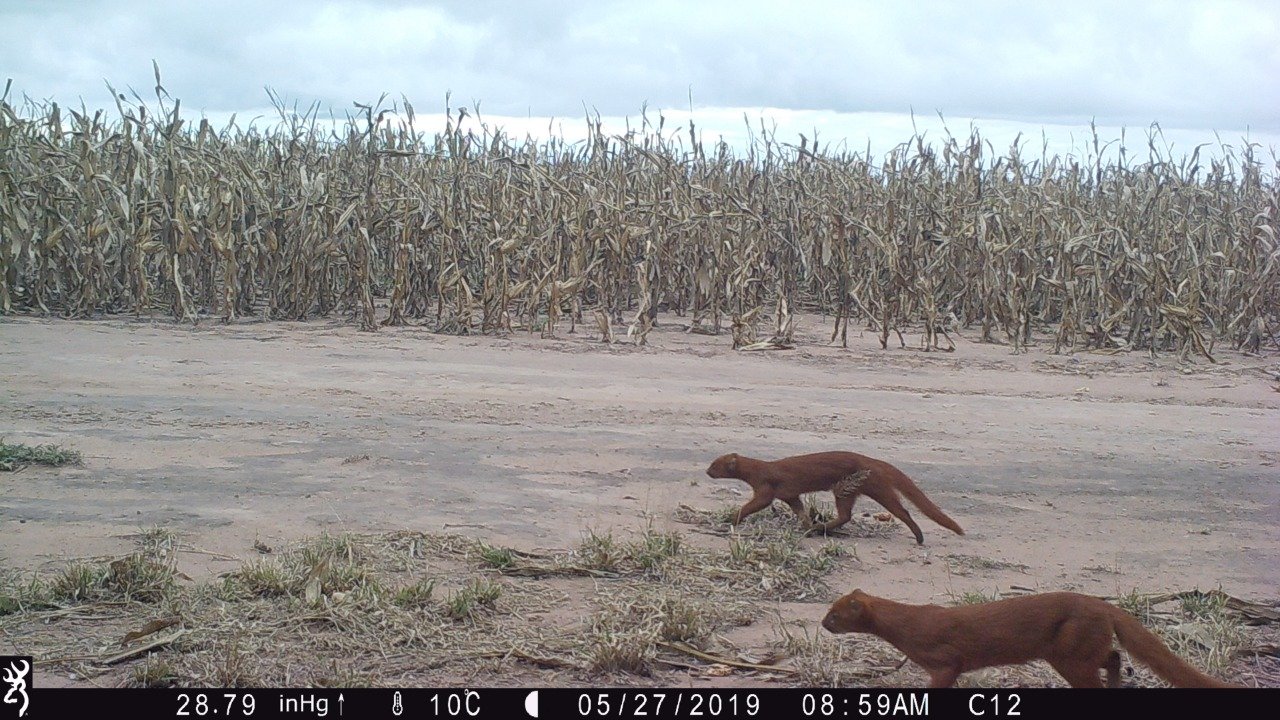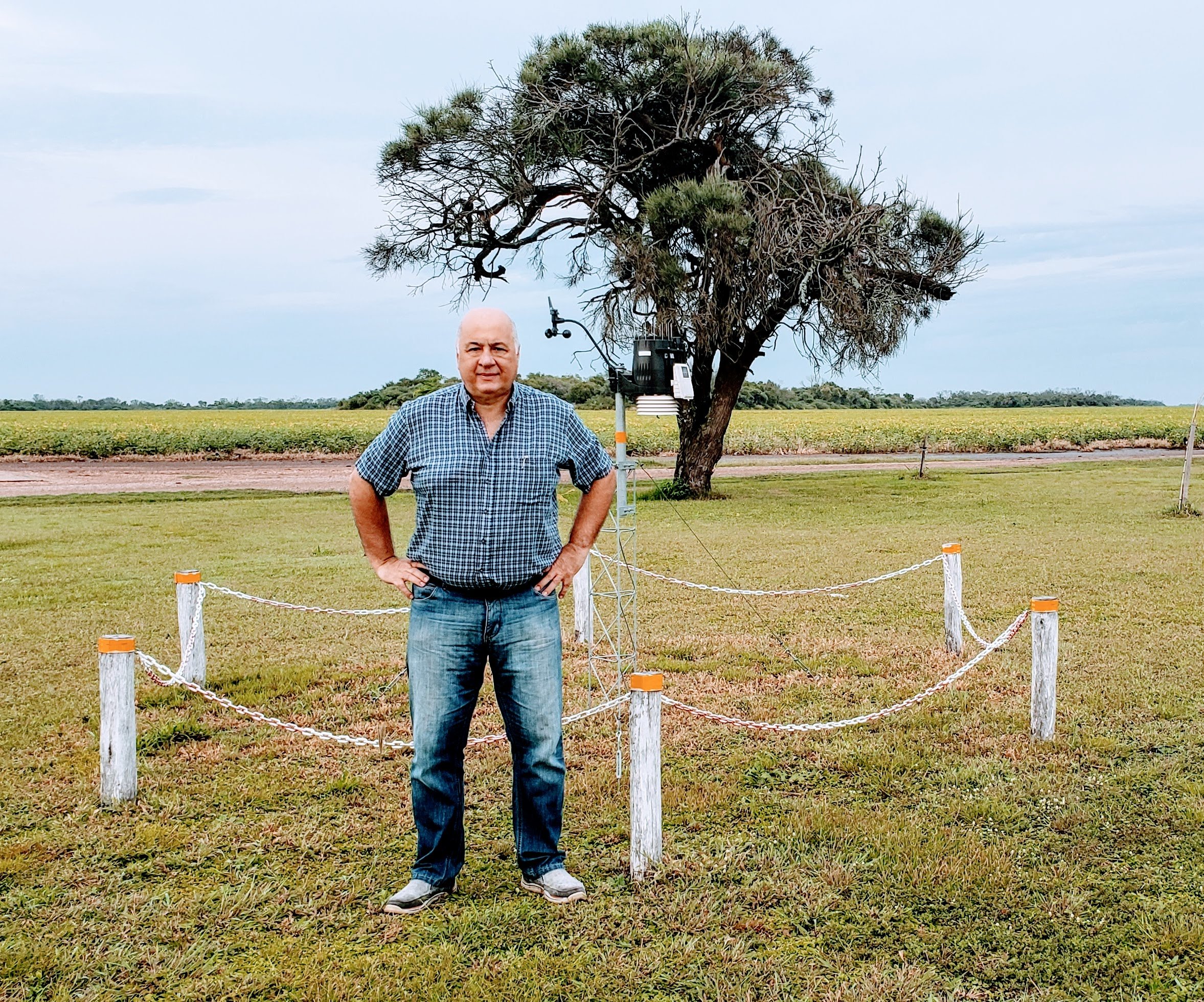Best farming practices for sustainable development
Farmer Juan Carlos Cotella explains the benefits of his work in a project coordinated by the ProYungas Foundation, in partnership with Aapresid and the Moises Bertoni Foundation.
For more than 30 years, agronomist Juan Carlos Cotella has overcome adversity to reap sustainability in northern Argentina. As a farmer and cattle rancher in the Gran Chaco, he faces the challenge of producing in a region where water is scarce, winds are strong and temperatures top 45ºC by learning more about sustainable agricultural, environmental conservation and recovering degraded areas to help make his decisions in the field. With one eye on the harvest and the other on the future, Cotella is a member of the Good Agricultural Practices and Carbon Sequestration Project, coordinated by the ProYungas Foundation in partnership with the Moisés Bertoni Foundation and Aapresid. With support from the Land Innovation Fund, the project aims to encourage responsible agricultural management, carbon balance and climate change mitigation in the Gran Chaco region of Argentina and Paraguay.
The ProYungas initiative takes a landscape approach to farms, with carbon indicators for productive and conserved areas, biodiversity monitoring and forest inventory. "My drive to help generate knowledge runs throughout my work. The ProYungas project provides information on whole farms, to improve harvests, environmental preservation and the community's quality of life," explains Juan. A total of twelve farmers on five pilot sites – three in Argentina and two in Paraguay – are taking part in the initiative, on a total area of at least 150,000 hectares.
In addition to the ProYungas project, Cotella is also involved in three other initiatives supported by the Land Innovation Fund in Argentina. He chairs the board of AACREA, where he works on the InBioAgro project to monitor biodiversity indicators in agroforestry systems; he is a member of the technical committee of ViSeC, a platform that monitors and tracks all the soy produced in Argentina, to comply with international market sustainability criteria; and he also directs the certification program at Aapresid, ProYungas' partner in the best farming practices and carbon balance project. "I like to surround myself with people who understand the issues and share relevant, concrete and transparent information with me, and who come up with decisions and actions that benefit everyone, with impacts on the community," says Cotella.
As an RTRS-certified soy grower, Cotella cultivates 40,000 hectares of land, both his own and leased, in Argentina's great north region. A practitioner and advocate of no-till farming, crop rotation and conservation practices, he knows the soil must be taken care of, to sustain yields and recover areas degraded by decades of non-stop cultivation, with specific actions adopted to meet the needs of each plot. "My field, for example, is divided into low, medium and high yield areas. Some of them can make leaps in yields if we take steps to recover degraded soils. And I don't want the high yield environment to turn into low yield areas, so we need to take care of the whole farm, in various, complementary ways," he explains.
As a participant in the ProYungas project, Cotella will receive consolidated data on the amount of carbon present in the soil of his productive areas and the biomass in conserved area, as well as a classification into categories – whether the net outcome of his operations is positive, neutral or negative. Later, a developer will assess the farm's capacity to produce for internationally certified carbon projects. In addition, camera traps installed along forest areas (continuous forests and forest patches) and forest strips (forest belts between crops) will monitor large and medium-sized mammals present on the farm. The results of the biodiversity monitoring will be compared with carbon data from productive and conserved areas, to determine the relationship between the two factors.
The consolidated data is shared with each participating farmer, with suggestions for solutions and improvements to be applied on each farm. The data will also be part of an online platform to be launched at the end of the project, to further support decision-making in the field.
Thinking beyond the gates:
When production is good, entire communities move forward and prosper. But such results don't come easy. "Sustainability isn't free. If it were, it wouldn't be sustainable. You have to work hard, control and regulate the use of water and fertilizers, use cover crops and crop rotation, for example," says Cotella.
Another issue demanding constant attention and investment in the region is water. This farmer developed a contour system that collects rainwater to meet all of his farm's production needs year-round. Well water is used only for sanitary purposes; or treated to be potable for human consumption. "All my fields are irrigated with rainwater throughout the year. During the pandemic, when the movement of people was limited, Santiago del Estero ran out of water and I was the only one in the community to have drinking water," he says.
Investing in best farming practices yields financial, social and environmental returns for the farm and the community, with long-term impacts on agricultural output. For Cotella, caring for the farm also involves ongoing investments in the sustainable development of his community. Reclaiming side roads and training the workforce to use new technologies and gather data from the field reaches beyond the farm gate. "We want our employees to be proud of their work in the field and for the population to recognize the importance of agriculture," he concludes.
